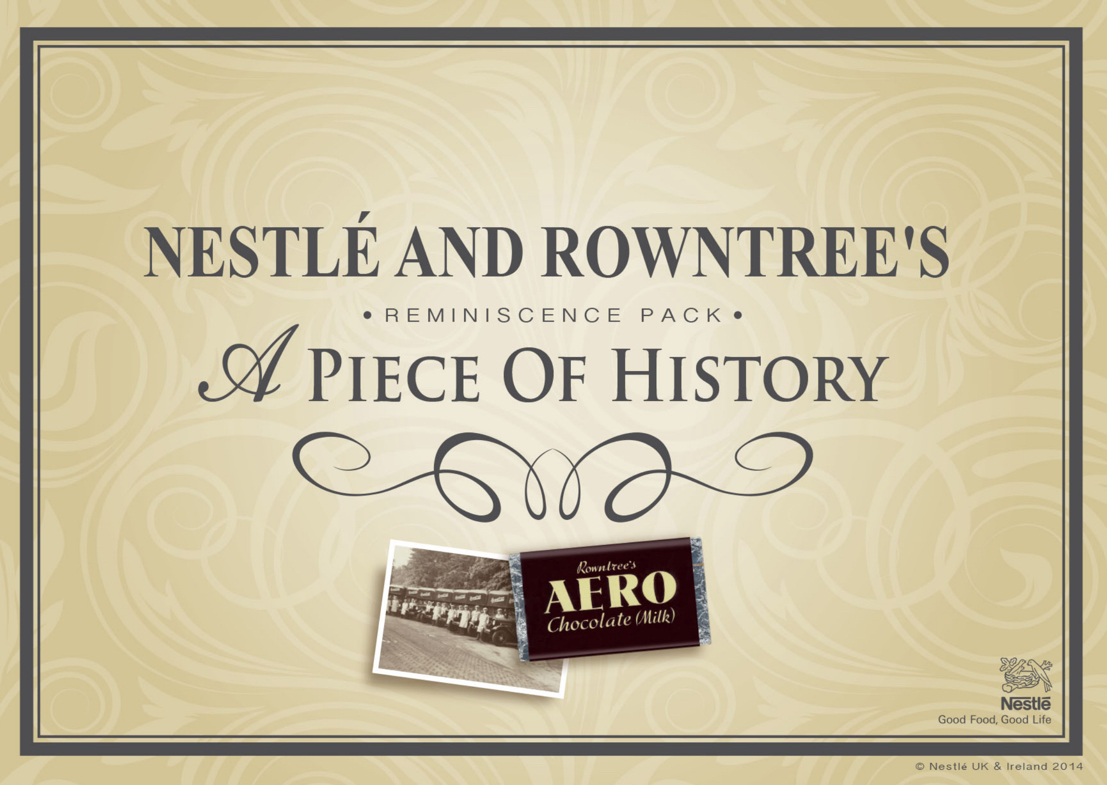
Reminiscence therapy for dementia
Coming from a family with a longstanding tradition of family stories I never really wondered about the power of reminiscence for mental health. Up until now, that I was asked to run a reminiscence group at our local care home. As an educated teacher I have no problem with researching and designing a session but I really needed to understand the goals and benefits of reminiscence therapy in general. Reminiscence therapy basically stands for discussion about memories (past activities, events, and experiences) with a group of people. It is usually supported by tangible prompts (clues) such as photographs, items from the past, music, videos etc. There are two really effective types of reminiscence therapy – integrative and instrumental. Integrative therapy focusses on negative experiences from the past and aims to re-frame those based on evaluation of the memory – basically oftentimes we tend to remember things from a positive or negative point of view, but if we review it and dig a little bit deeper we might discover that our past failure was actually a success from another point of view. I do not think I have enough of expert knowledge to do that, but I can easily work with instrumental therapy which basically brings up past successes and the aim is to increase people’s current self-esteem. The great thing about this approach is that it can be used in mixed groups of people who are at various stages of dementia and might or might not have a linear sense of time. Talking about random events from the past that made us smile, cheer or celebrate does not have to be placed in a specific place in time. I have constructed a programme of activities where a group of people will talk freely about a topic with the use of various clues (sometimes a video, group of photos, items or even other sensory tools) with the goal of improving people’s current mood and self-esteem.
The more I read about reminiscence the more I grow convinced that it should be a habit for all of us, people of all ages. To a certain extent, it has always been a part of our cultures: we look at photos and videos from our holidays, we build wedding albums and capture all our important milestones in life. Blogging is just another way of doing just that and I hope that soon enough we will have good research on the impact of life-writing online on people’s self-esteem too. Reminiscence is fascinating but it is also a lot of fun!
(cover form the Nestle Reminiscence pack available for free online)




